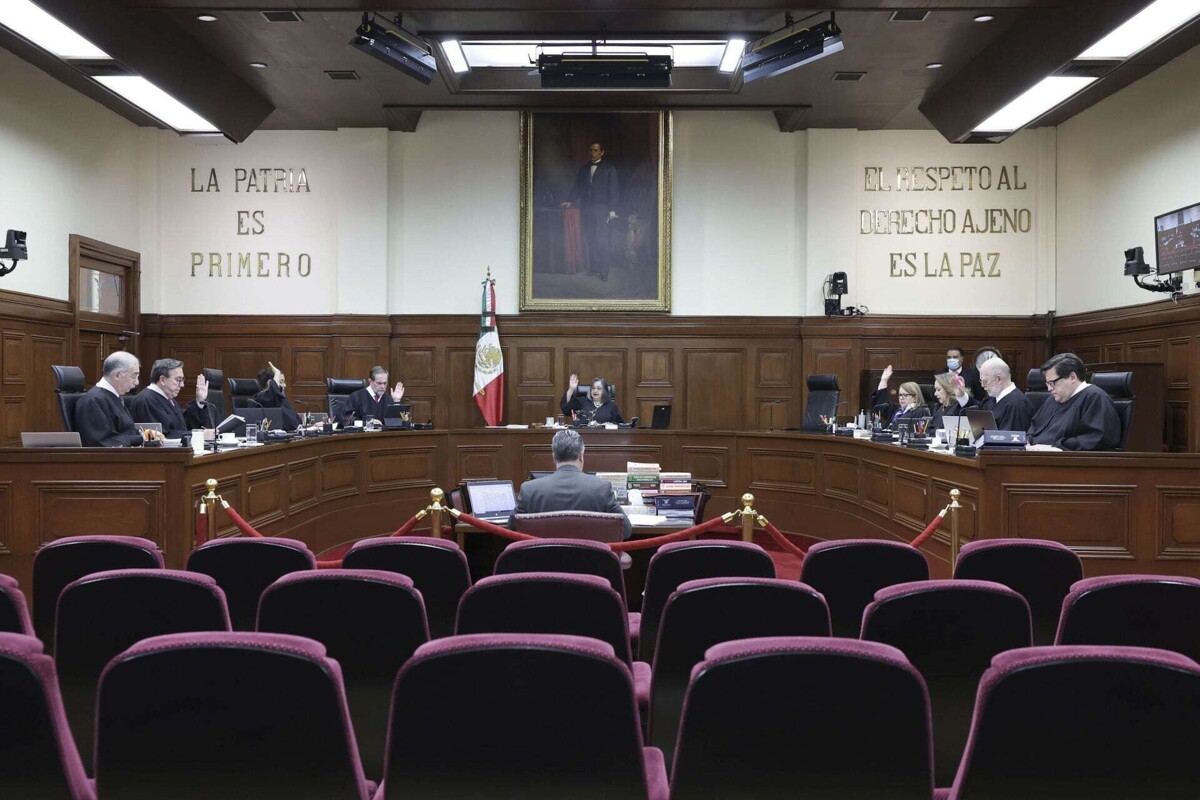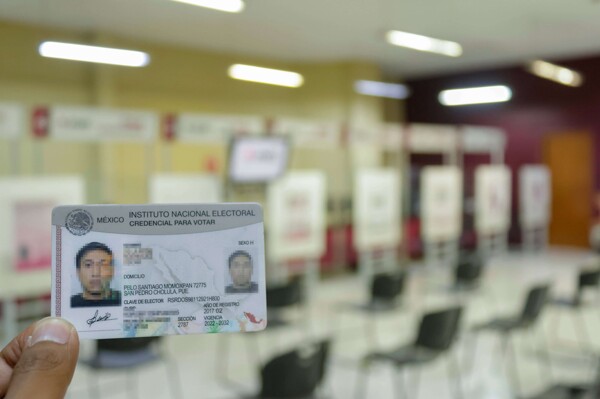
The Supreme Court of Justice of the Nation (SCJN) has determined that a request made by the Electoral Tribunal of the Judicial Power of the Federation (TEPJF) is inadmissible, which indicated that the ministers could not discuss the project regarding the 2025 judicial elections.
This ruling is part of a series of disputes between the Supreme Court and the Electoral Tribunal, amidst tensions regarding judicial reform and this year's election. In a recent petition, the TEPJF requested that at least four of its 10 ministers refrain from voting on a project related to the upcoming June election.
By a majority of six votes, the ministers deemed the TEPJF's request inadmissible, which intended to exclude Minister President Norma Piña, as well as Ministers Alfredo Gutiérrez Ortiz Mena, Javier Laynez, and Jorge Pardo Rebolledo from the discussion.
According to the Electoral Tribunal, the Court does not have the authority to resolve the powers of said electoral body. The project in question, attributed to Minister Alfredo Gutiérrez, consists of an order directed at all authorities to comply with the provisional suspensions issued against the implementation of judicial reform.
During the discussion on February 13, the SCJN analyzed a series of decisions made by the Electoral Tribunal regarding judicial reform to determine whether it has the authority to eliminate the effects of a suspension by an amparo judge.
Judge Mónica Soto, President of the Electoral Tribunal of the Judicial Power of the Federation, called for unity within the institution in light of what she considered a "possible interference and aggression" against its competences. "We will not yield to any kind of pressure," Soto stated during a session parallel to the Supreme Court debate.
In its draft ruling, the Supreme Court proposed to determine that amparo suspensions are effective against acts of the TEPJF, an institution that recently disregarded one of these suspensions related to judicial reform. Judge Soto emphasized that amparo proceedings are not applicable against acts in electoral matters and that the Tribunal's rulings are definitive and unchallengeable.
Furthermore, she assured that the TEPJF will continue to defend its legal arguments in decisions duly substantiated and motivated within the applicable constitutional and conventional framework.














